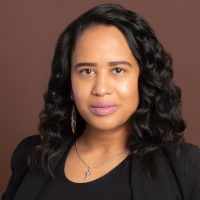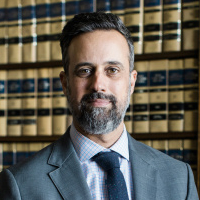 Oakland Felony Lawyers, California
Oakland Felony Lawyers, California
Sponsored Law Firm
-
 x
x

Click For More Info:
-
Law Office of James Dal Bon
95 S Market St 3rd Fl San Jose, CA 95113 » view mapSanta Monica Employment Law Employment Representation
The Law Offices of James Dal Bon are poised to help during this difficult time, call today and speak with an Attorney right away.
800-913-2581  James Dal Bon San Jose, CA
James Dal Bon San Jose, CAAttorney At Law - CA, 1992
University of San Francisco, J.D. - 1991
 Frequently Asked Questions
Frequently Asked QuestionsEnter text from site here
 Contact UsEmail or Call 24/7
Contact UsEmail or Call 24/7Call today for your initial consultation.
Sponsored Lawyers
1-10 of 11 matches
Criminal, Felony, DUI-DWI, Misdemeanor, White Collar Crime
Armed with considerable experience working for the District Attorney in Sacramento, CA and her voluminous representation of large corporate clients in the private sector, Jo-Anna M. Nieves has the skills and endurance needed to zealously advocate on her clients’ behalf. The Nieves Law Firm, APC, has effectively and successfully represented clients in a wide range of legal matters in Oakland,CA and throughout the Bay Area.
(more)Criminal, Felony, Personal Injury
When the legal system fails you, you can’t leave yourself or your child at the mercy of a judge and 12 jurors. Seth Morris has saved his clients from the grasp of the system time and time again by securing dismissals and no-time deals on murder cases and people facing life in prison.
(more)



 Frequently Asked Questions
Frequently Asked Questions Contact UsEmail or Call 24/7
Contact UsEmail or Call 24/7


